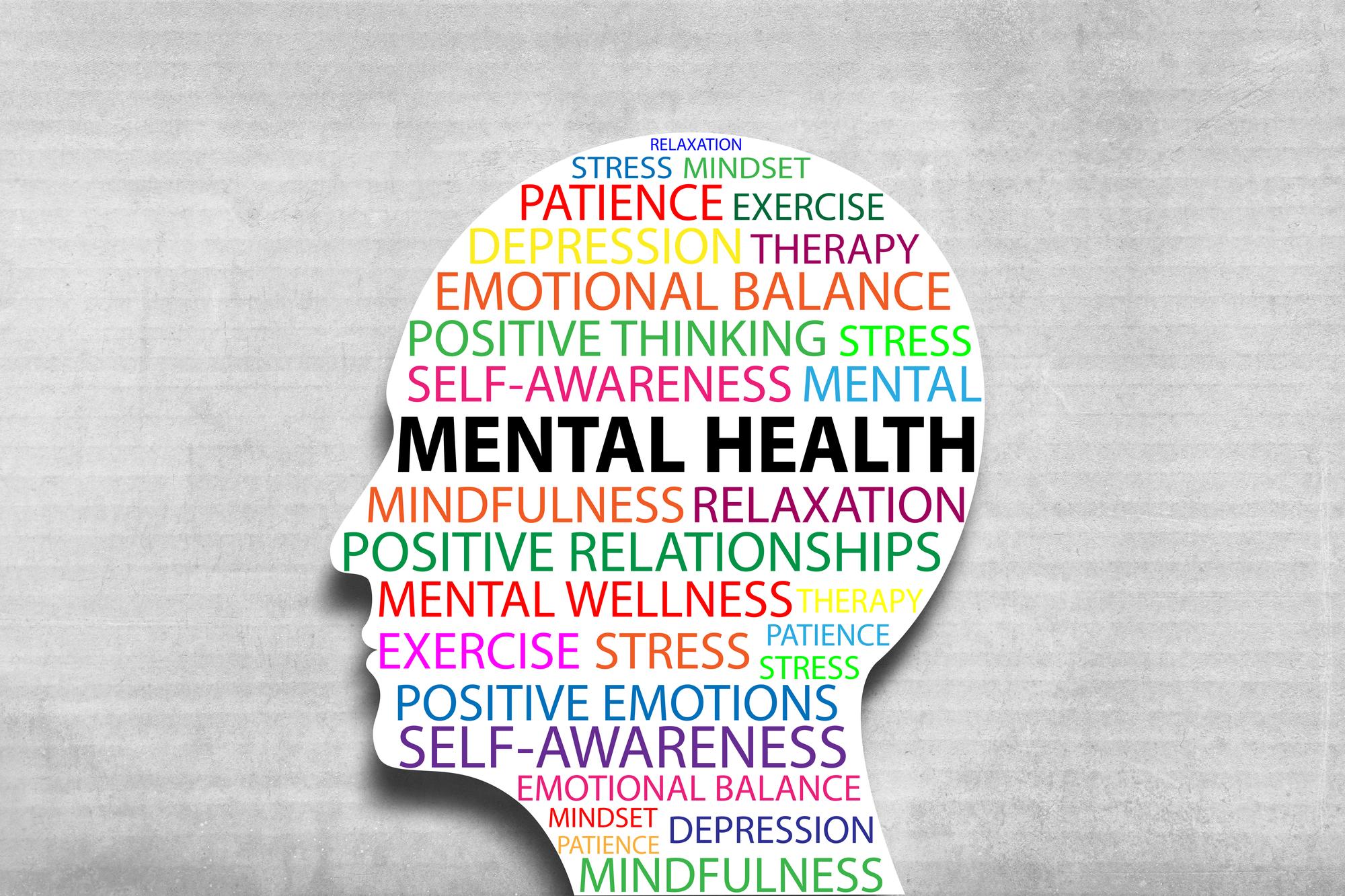Betting and mental health are closely connected, as betting can start as a fun activity—a way to enjoy sports, try your luck, or win some extra money. But for many people, it can quickly become more than just a game. When not kept in check, betting can have serious effects on mental health.
In this article, we’ll explore how betting influences your emotional well-being, the warning signs of gambling-related mental health issues, and what you can do to stay safe.
Why People Bet
Betting appeals to people for different reasons:
-
Excitement and thrill
-
Desire to win money
-
Social bonding
-
Escape from stress or boredom
While occasional betting may not be harmful, frequent or uncontrolled gambling can deeply affect your mental and emotional state.
The Negative Effects of Betting on Mental Health
1. 🧠 Anxiety and Stress
Constantly worrying about wins and losses, or feeling pressure to place more bets, can lead to intense anxiety and stress.
2. 💸 Financial Pressure
Losing more than you can afford may lead to unpaid bills, debt, or even bankruptcy. Financial problems often result in emotional breakdowns and depression.
3. 🕳️ Depression
After a big loss or long losing streak, feelings of hopelessness, guilt, and low self-worth can grow. Many problem gamblers suffer from long-term depression.
4. 🔁 Obsessive Behavior
Betting can become a mental obsession—spending hours thinking about odds, chasing losses, or planning the next gamble. This mental loop is exhausting and damaging.
5. 👨👩👧 Relationship Strain
Gambling problems often lead to hiding behavior, arguments, loss of trust, and relationship breakdowns with partners, family, or friends.
6. ❌ Risk of Addiction
Like substance addiction, gambling can hijack the brain’s reward system. The need to feel the “high” of winning again can spiral into compulsive betting behavior.
Mental Health Disorders Linked to Gambling
-
Gambling Disorder (Compulsive Gambling)
A recognized mental health condition involving uncontrollable betting behavior. -
Co-occurring Conditions
Many problem gamblers also experience:-
Depression
-
Anxiety disorders
-
Substance abuse (alcohol/drugs)
-
ADHD or impulse-control disorders
-
Why Gambling Affects the Brain
Betting activates the dopamine reward system, the same part of the brain triggered by drugs, food, or sex. Even losing can create a “near-miss” illusion, keeping you hooked.
This cycle can change the brain’s chemistry, making it harder to stop betting—even when it causes harm.
Warning Signs of Gambling-Related Mental Health Issues
-
Mood swings or irritability
-
Hiding or lying about betting activity
-
Increasing bet sizes to feel the same thrill
-
Feeling restless when not gambling
-
Chasing losses
-
Using gambling to escape sadness, loneliness, or stress
-
Thoughts of self-harm due to losses
How to Protect Your Mental Health
✅ 1. Set Limits
Control how much time and money you spend on betting.
✅ 2. Track Your Behavior
Keep a record of when and why you bet. Be honest with yourself.
✅ 3. Take Breaks
Avoid back-to-back sessions. Step away and do something else.
✅ 4. Avoid Betting When Emotional
Never gamble when angry, sad, or under the influence of alcohol or drugs.
✅ 5. Talk to Someone
Open up to friends or family—or seek professional help if needed.
✅ 6. Use Support Tools
Many online betting platforms offer:
-
Deposit limits
-
Self-exclusion
-
Time reminders
-
Access to counseling services
Getting Help
If betting is affecting your mental health, you are not alone. Many organizations can help:
-
Gamblers Anonymous
-
National Helplines
-
Therapists specializing in addiction
-
Online chat support groups
Asking for help is a sign of strength, not weakness.
Frequently Asked Questions
Final Thoughts
Betting isn’t just about winning or losing money—it can deeply affect your emotional and mental health.
If you enjoy betting, set healthy boundaries, stay aware of your behavior, and never let it replace personal happiness or stability.
And if you’re struggling, know this: there is help, there is hope, and you are not alone.




Discussion (0)